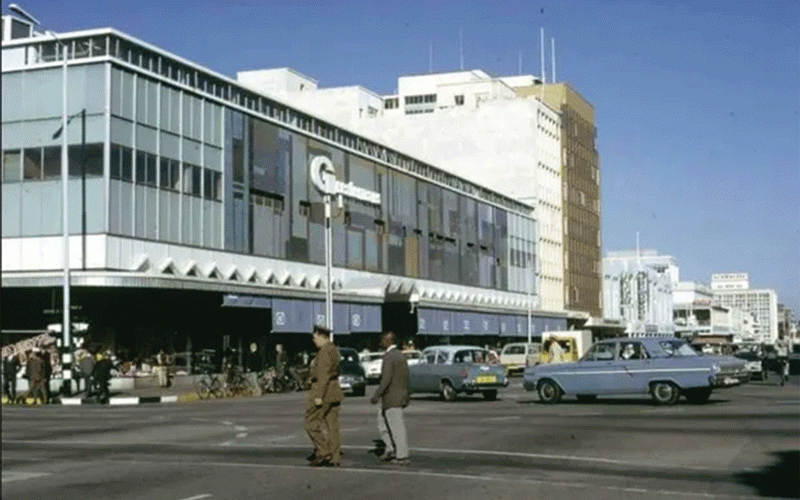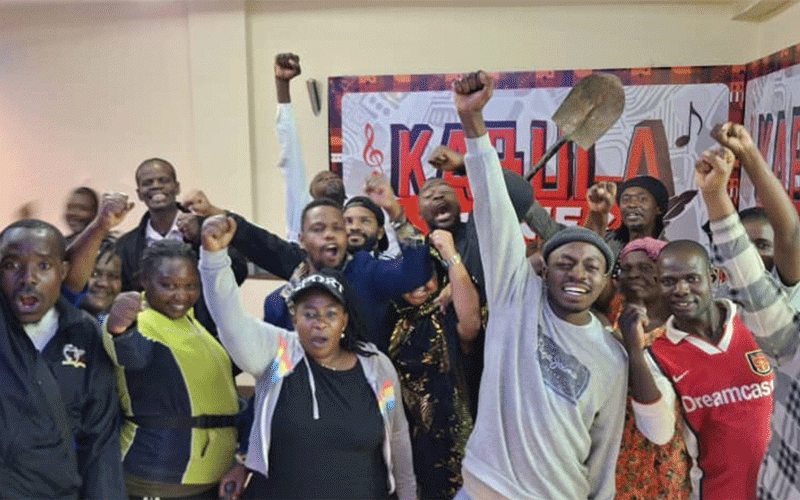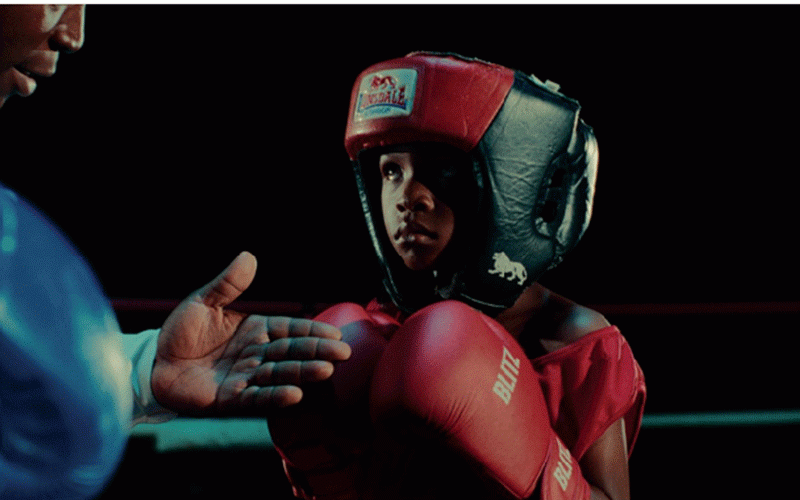
A DISUSED city landmark that symbolised Zimbabwe’s economic decline has seen a vibrant rebirth since last month. Most of the old Greatermans building was closed in 2014 as shoppers abandoned Harare’s central business district for suburban malls. Its parent company Meikles opened one of its Pick n Pay grocery stores on the ground floor but closed off the upper three floors.
The Zimbabwe Creative and Cultural Arts (Zicca) team — with permission from the building owner, Old Mutual — cleaned up eight years of dust and debris in a matter of weeks, and staged a showcase of visual art, film, theatre and workshops throughout December.
The space also hosted fashion and music from SS Fabrik Party, a youth-led art and design platform. SS Fabrik Party featuring emerging designers, visual artists, Skate Jam, and live performances by rock bands Curfew at Midnight, Chikwata 263, Suhn, Denim Woods and Thando Mlambo.
It was a creative world away from the heydays of Greatermans, which, along with Meikles and Barbours, was among Zimbabwe’s premier department stores in the colonial era, catering to an exclusively white clientele.
After independence in 1980, Greatermans offered upmarket shopping for both black and white, with the store’s generous credit terms across affiliate companies Barbours and Meikles enabling many in Harare to buy the trappings of an affluent lifestyle from 35 departments of furniture, clothing, cosmetics and electronics.
Many cities around the world have lost prestigious stores to competition from online shopping, but the closure of Greatermans was seen as a marker of Zimbabwe’s economic crash as inconsistent government policies and Western-imposed sanctions impoverished millions.
Zicca was designed to woo back those Harare residents who rarely venture into the city centre any more.
It was the idea of Nozipo Maraire, a neurosurgeon and author, appointed a year ago to the National Arts Council (NAC) board by the Home Affairs and Cultural Heritage ministry.
- Byo armed robber in court
- Woman jailed 12 years for indecent assault
- Magistrate jailed 3 years for abuse of office
- Zim’s poor batting hands India series
Keep Reading
“We came up here, and it was so dusty that you could see your footprints in the dust. But this space is magical, said NAC board member Nozipo Maraire.
“I’ve always been interested in the arts and come from a very artistic family. When I joined the NAC, I talked with the board members about how we don’t have space for arts. One of them mentioned this dream space.
“The high ceilings are perfect for art. I’m an urban person, I love the city. And to sit here, look out and see the cityscape and the energy of the city is quite special.”
Nora Mueller was brought in to work on the project and helped design the new space. Mueller grew up in Germany where she says the fall of the Berlin Wall opened up a multitude of empty buildings in the east.
“I was a student, and there were all these empty spaces. The best exhibitions and parties were going on in these makeshift spaces. That’s why, whenever I see an empty building in Harare, I’m amazed. I see all the opportunities and potential, especially when it’s such a beautiful space like the top floor of Greatermans.
Mueller adds: “The skylights are amazing. It’s such a unique space for Zimbabwe. People are not used to going upstairs now because no one wants to go downtown, and the only high-rise buildings are downtown. So it is a unique experience. You almost feel like you’re out of Harare.”
On the top floor, where the skylights bring in natural light, is one of the highlights of Zicca, a visual arts exhibition called Framing the City, featuring artists Tapfuma Gutsa and Wycliffe Mundopa, curated by Moffat Takadiwa.
Throughout December, the space was alive again — SS Fabrik Party’s urban street-fashion show and performances came before the musicals Heartbreak Mafia by AneUnhu Gwatidzo and Pestilence by Tafadzwa Bob Mutumbi.
Film-maker Jonathan Samukange ran a workshop and there was also a science corner for children.
Zicca organisers now hope to make the site a regular art space, open to everyone.










